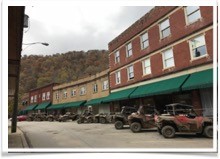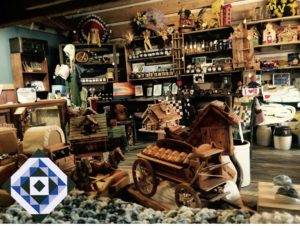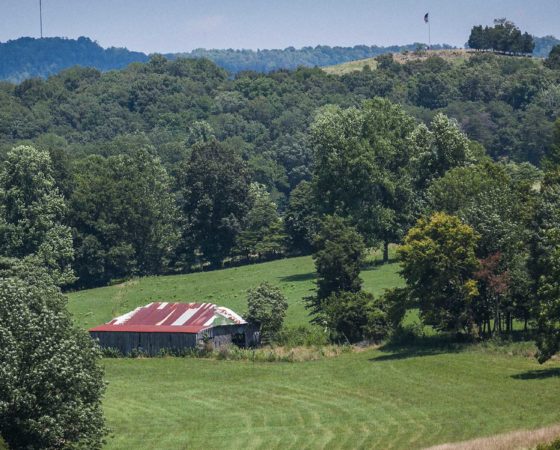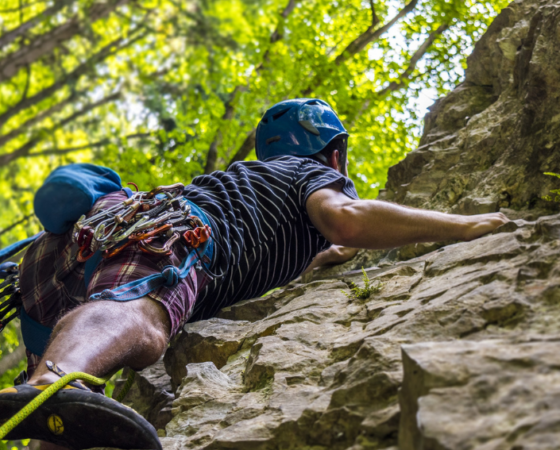Guest blog by our partner, Herbie Dotson, the co-founder of Appalachian Lost and Found, a store featuring more than 40 local artisans, as well as a variety of local history tours and antiques in Matewan, West Virginia. He also has started a writers’ group and plans to open a museum at the shop. Herbie is an active economic development practitioner who is focused on bringing tourism to the Mingo County area. Matewan is a 45 minute drive from Pikeville, KY.
Nestled along a northern bend of the Tug Fork River and within sight of the bluegrass state’s shoreline, sits Matewan, West Virginia, a town rich in history, charm and Appalachian culture. Matewan is home to or nearby a multitude of key events pertaining to the Hatfield-McCoy Feud. It is also the location of one of the nation’s more notorious pro-Union stands against an oppressive coal company regime during what has become known as the Matewan Massacre, which occurred on May 19, 1920.

Today, an ATV trail systems has been developed on natural and post-mine use lands that surround this once bustling coal town. The meandering Tug River, but a stone’s toss away, is gaining recognition for its abundance of quality smallmouth bass that inhabit its waters as well as a wonderful opportunity for a wilderness kayaking adventure.
Due to these newly recognized features, an influx of visitors has begun to trickle into this small town and the surrounding community to get a taste of a rural Appalachian version of historical and adventure tourism.
As with any depressed area that begins to see an uptick in tourism, there is a need for new developments to nurtur e a visitor’s stay, and enhance their overall experience. Charm, historical significance, hospitality and miles of endless land and water trails are certainly cornerstones from which to build a new and sustainable economy in any post-mining area, but it becomes evident that community recognition and support, acceptance of change, initiative, entrepreneurism and training are necessary components that must be cultivated. If these shortcomings are not recognized and/or corrected, it can hinder the building process. Essentially, to achieve growth in tourism, a paradigm shift must occur amongst locals.
e a visitor’s stay, and enhance their overall experience. Charm, historical significance, hospitality and miles of endless land and water trails are certainly cornerstones from which to build a new and sustainable economy in any post-mining area, but it becomes evident that community recognition and support, acceptance of change, initiative, entrepreneurism and training are necessary components that must be cultivated. If these shortcomings are not recognized and/or corrected, it can hinder the building process. Essentially, to achieve growth in tourism, a paradigm shift must occur amongst locals.
One solid way to create the necessary community awareness and acceptance of change that often coincides with a new industry is to help stimulate involvement through inclusion. At Appalachian Lost & Found Museum and Artisan Shop, we’ve recognized the need to not only include our greatest resource, which is our people, but to also celebrate their immense talents and offer our visitors an artistic view of Appalachian life as it is, and as it was, in the Tug Valley. We offer a unique experience that highlights the past, looks to the future, and bridges them together through the power of community inclusion.
When we begin to see the area’s potential and work together to achieve a common goal, the power of synergy leads to growth, acceptance and, eventually, change.





